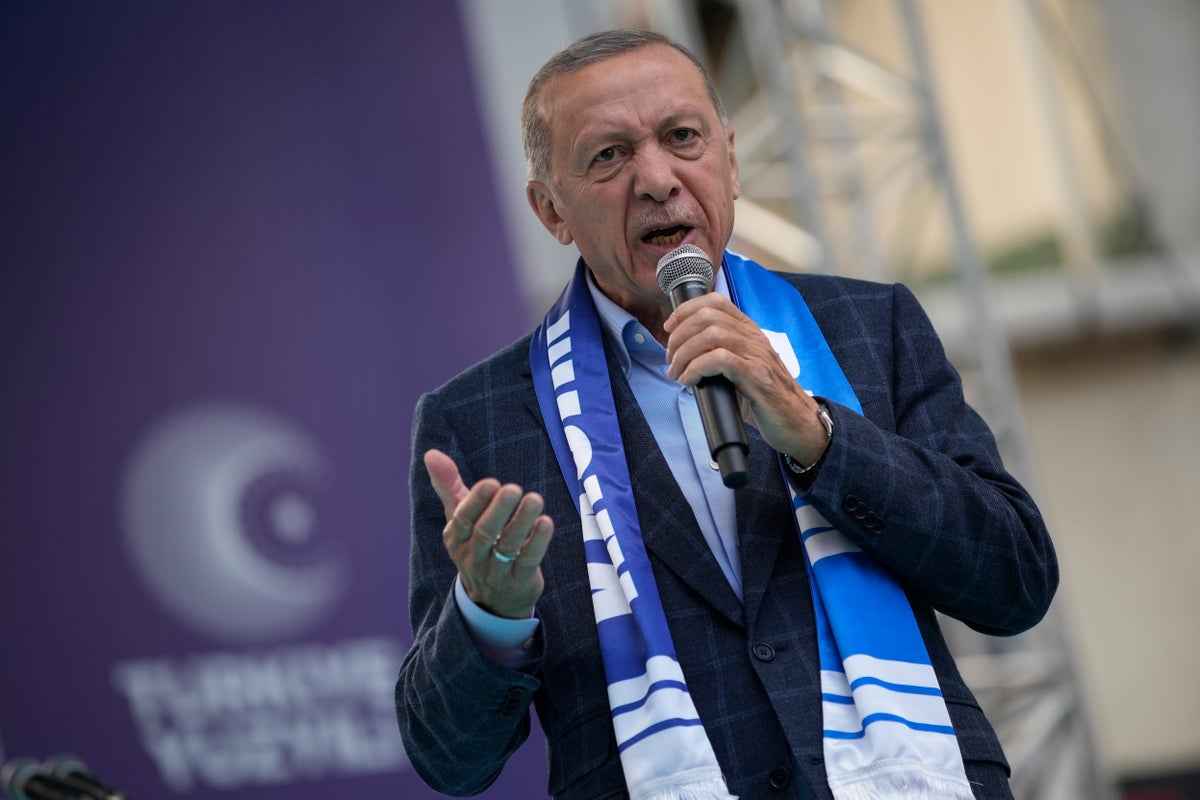
A close presidential election in Turkey – a vote which could end President Recep Tayyip Erdogan’s 20 years in power – increasingly appeared to be heading for a run-off as a tense count continued on Sunday night.
Both Mr Erdogan’s party and the opposition, led by Kemal Kilicdaroglu, tried to claim the momentum for their candidates as it seemed neither candidate would cross the 50 per cent threshold required for an outright win. Both Mr Erdogan’s Justice and Development Party (AKP) and the People’s Republican Party (CHP) clashed over coverage of the ballot count, a sign of how fractious this contest has become.
Expectations ahead of the presidential vote, taking place alongside parliamentary elections, was that it would be close. Mr Erdogan is fighting for his political life against an emboldened and unusually broad-based six-party opposition united behind Mr Kilicdaroglu. A run-off between the pair would take place on 28 May.
Counts provided by pro-government and pro-opposition sources differed markedly as midnight approached. Results collated by the state-owned Anadolu news agency showed Mr Erdogan holding 49.9 per cent of the vote compared to 44.4 per cent to Mr Kilicdaroglu, with 91 per cent of votes counted. Another poll by the opposition Anka news agency showed that with 95 per cent of ballots counted, Mr Erdogan had 49 per cent and Mr Kilicdaroglu 45 per cent. Another count by Mr Kilicdaroglu’s CHP Party, showed him with 47.2 per cent of the vote compared to Mr Erdogan’s 46.8 per cent.
Opposition leaders accused the state news agency, Anadolu, of displaying a distorted count that favoured Mr Erdogan. The Istanbul mayor, Ekrem Imamoglu, and Ankara’s mayor, Mansur Yavas, both publicly criticised the vote-counting process and urged voters to dismiss them. “We are leading,” Mr Kilicdaroglu tweeted. Mr Erdogan then hit back on Twitter, saying: “While the election was held in such a positive and democratic atmosphere and the vote counting is still going on, trying to announce results hastily means usurping the national will.”
Turkey’s election authority, the Supreme Electoral Board, said it was providing numbers to competing political parties “instantly” but would not make the official results public until the count was completed and finalised. By 0100 local time [GMT 2200] it had officially logged 69 per cent of the votes cast.
Ultra-nationalist presidential candidate Sinan Ogan, who results indicated would probably receive about 5 per cent of the vote, reduced the chances of either Mr Erdogan or Mr Kilicdaroglu gaining a clear win.
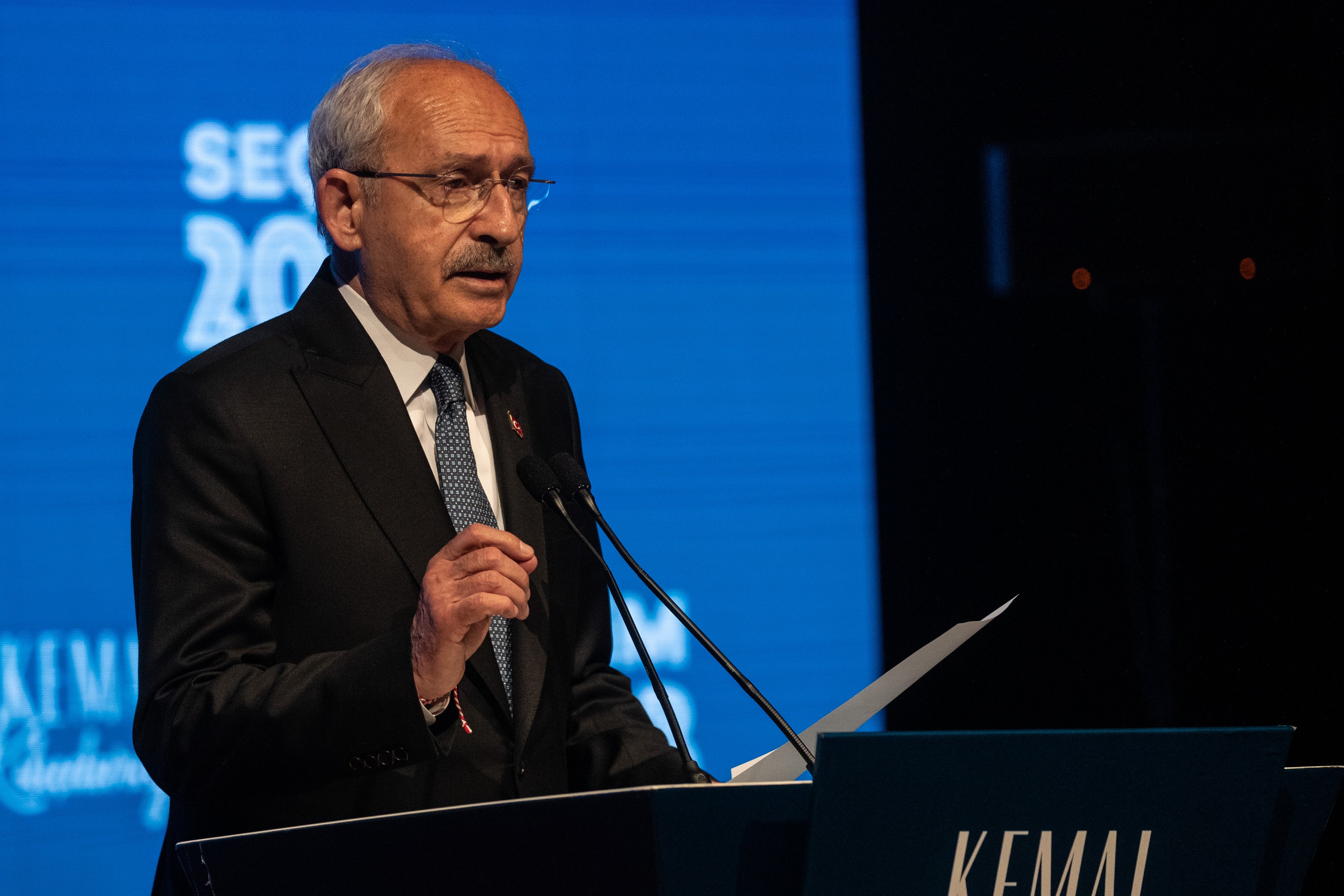
The verbal sparring between the candidates during the count followed a generally calm and orderly day of voting, at the end of a campaign season punctuated by violence and divisive rhetoric. Long lines formed at schools converted into polling stations. Turks normally vote for national elections in very high numbers, and today’s turnout looked even higher than previous ballots.
Voters cited concerns about the economy, which has been on a downward spiral for years, as the primary issue driving their votes, as well as the slow government response to the devastating earthquake in southeast Turkey that killed 50,000 people in February. But there are also concerns about the authoritarian drift of the country under Mr Erdogan, whose party has dominated the country’s politics for more than two decades. It has allowed Mr Erdogan to shape the country in his image, with crackdowns on dissent a regular feature of his years in power.
“Without democracy and freedom, you can’t have any economy,” said Nil Adula, a 74-year-old earlier in the day, as he prepared to vote in central İstanbul. “The most important thing is that the justice system is working properly.”
Voters were also electing legislators to fill Turkey’s 600-seat parliament, which has lost much of its legislative power under Mr Erdogan’s executive presidency. Mr Kilicdaroglu and the six-party opposition coalition he leads are aiming to win both the presidency and a majority in parliament, promising to enact sweeping reforms that would return the country to a parliamentary democracy.
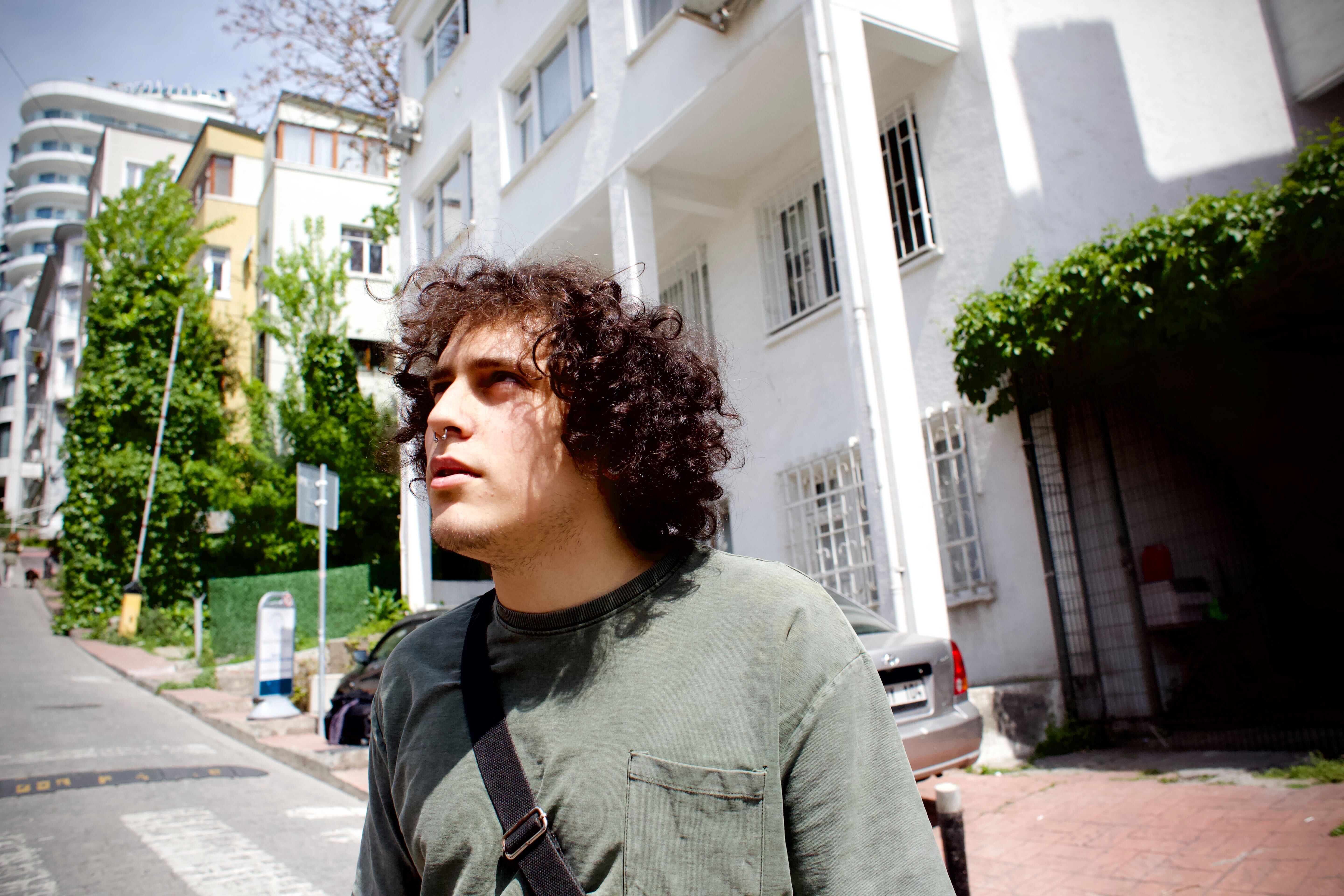
The elections are being intently watched by Western nations, the Middle East, Nato and Moscow, as the united opposition try to dislodge a leader who has concentrated nearly all state powers in his hands and worked to wield more influence on the world stage.
Mr Erdogan, along with the United Nations, helped mediate a deal with Ukraine and Russia that allowed Ukrainian grain to reach the rest of the world from Black Sea ports despite Russia’s war in Ukraine. The agreement is set to expire in days, and Turkey hosted talks last week to keep it alive.
However, Mr Erdogan also has held up Sweden’s quest to join Nato and has been a difficult partner for the West at times, not being afraid to talk tough or dig his heels in. As one of President Vladimir Putin’s most important allies, a defeat would unnerve the Kremlin, while the president has also clashed with a number of Middle East leaders.
The outcome was always likely to hinge on slivers of swing voters that include ethnic Kurds – who have voted for either the AKP or leftist parties traditionally – Turkish nationalists, and at least 5 million first-time voters whose allegiances remain unclear.
Mr Erdogan struggled to connect with Generation Z voters ahead of the vote, who appeared unmoved by his appeals to conservative and Islamic values.
“I see voting as a tool to change and influence the government from within,” said Idris Sinan, an 18-year-old high school student and first-time voter, as he emerged from a polling station.
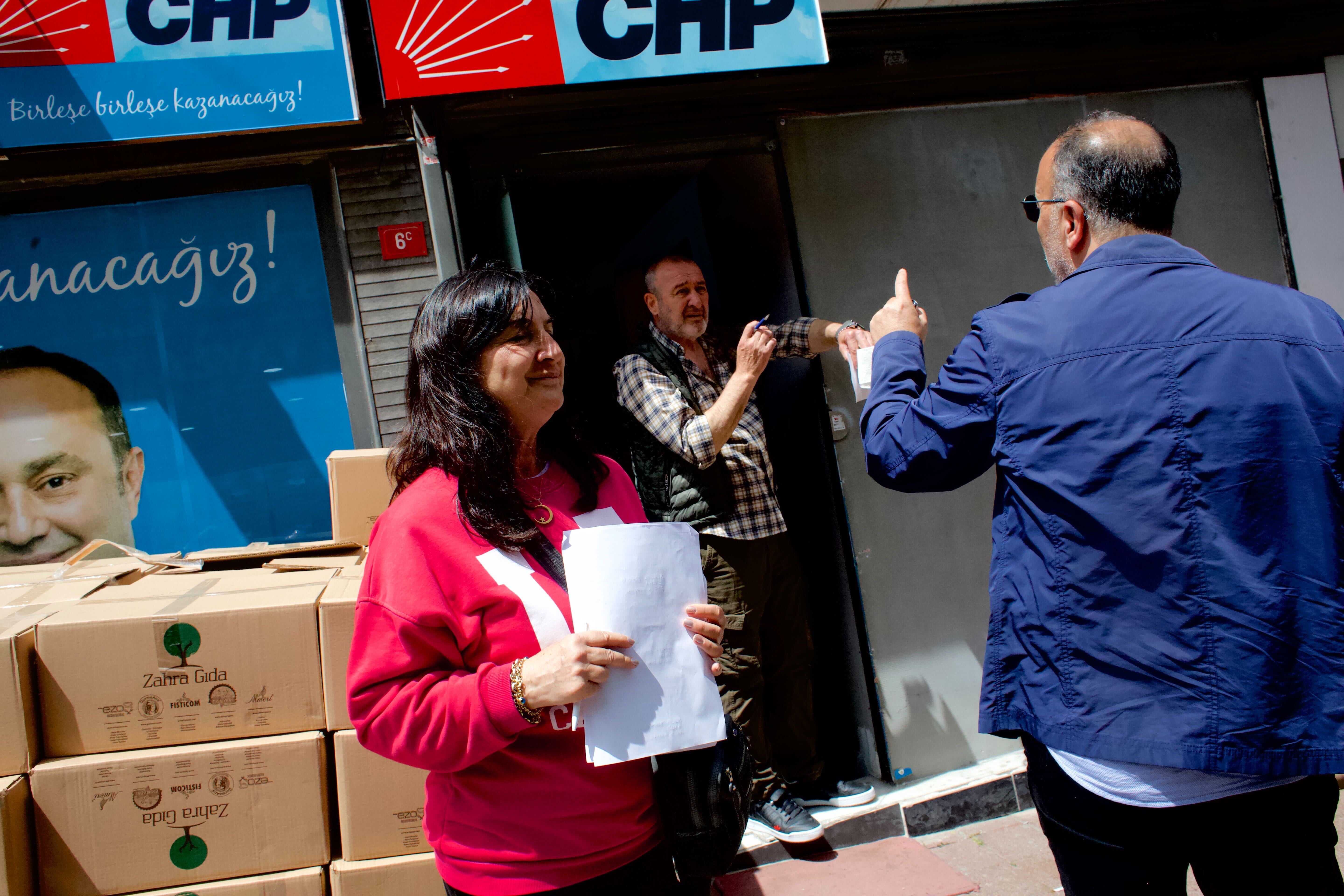
“We have been ruled by this party, the AKP, for 20 years... our country [has] become poor and more lawless,” he added.
Mr Erdogan also alienated ethnic Kurds, who used to vote for him in large numbers but – in a historic shift – embraced the secular centre-left candidacy of Mr Kilicdaroglu. “The election for us is about democracy and cultural and political rights,” said Mehmet Uzum, a 52-year-old Kurdish businessman in the Sultanbeyli district of Istanbul.
He said that Mr Erdogan and the AKP became toxic to Kurds since they partnered with the nationalist National Movement Party (MHP).
“We had a lot of friends who were AKP but then they switched to CHP because of the economy and all the religious talk,” said his daughter, Gizem, 22.
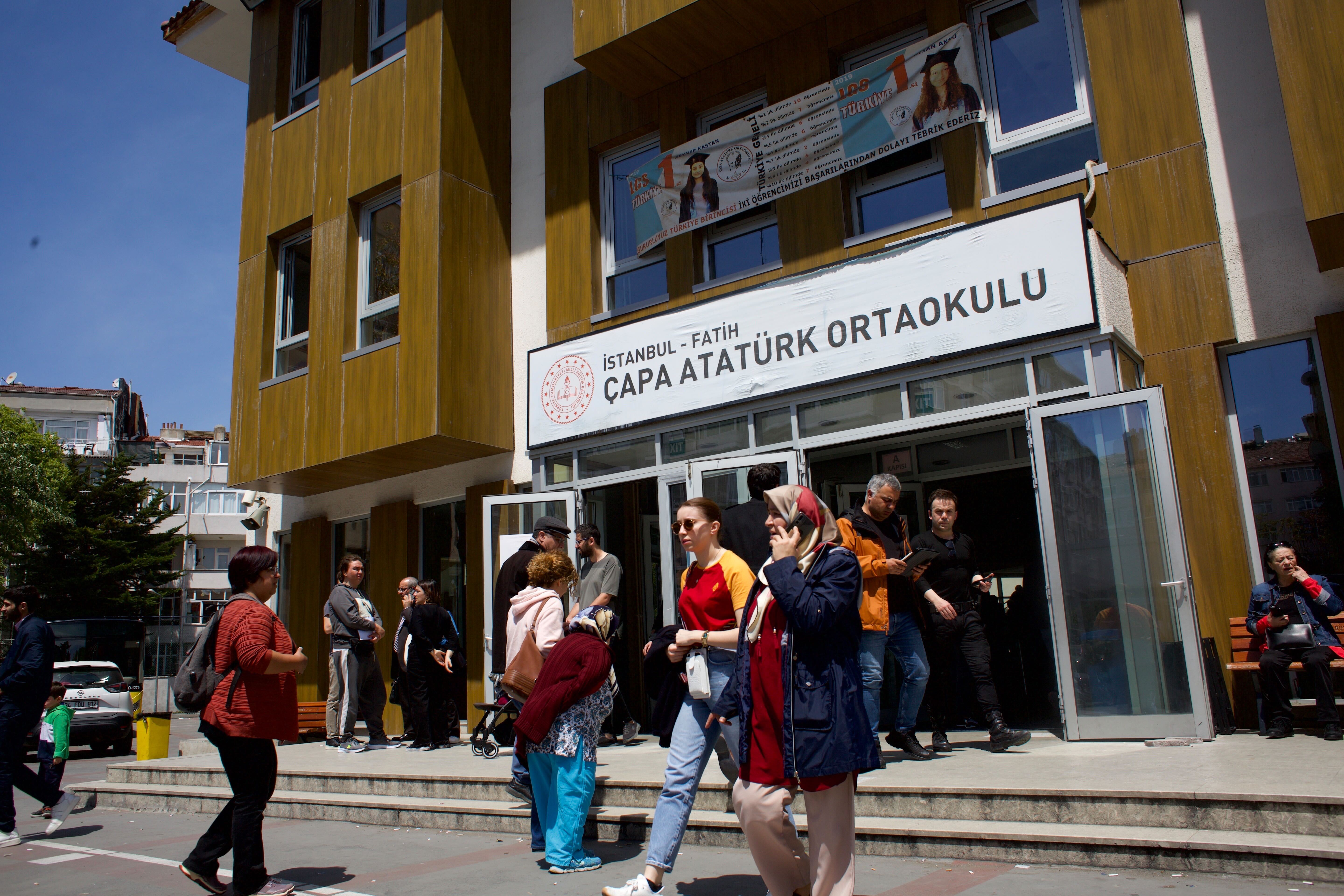
But many voters said they were convinced by Mr Erdogan’s nationalist stance that the president said would prioritise Turkey’s security. That also Included attempts to associate the opposition with the West and the Kurdistan Workers Party (PKK), an outlawed separatist group that the US and EU label a terrorist organisation.
“We are not for America. We are not for the PKK,” said Faruk Baba, a 67-year-old clothing shop proprietor in the Fatih district of Istanbul.
When reminded that the Taliban of Afghanistan had endorsed Mr Erdogan he replied: “The Taliban are Muslims. We are Muslims.”
Among AKP supporters, many cited conspiracy theories spouted by Mr Erdogan in previous weeks that the opposition are a proxy for Western powers.
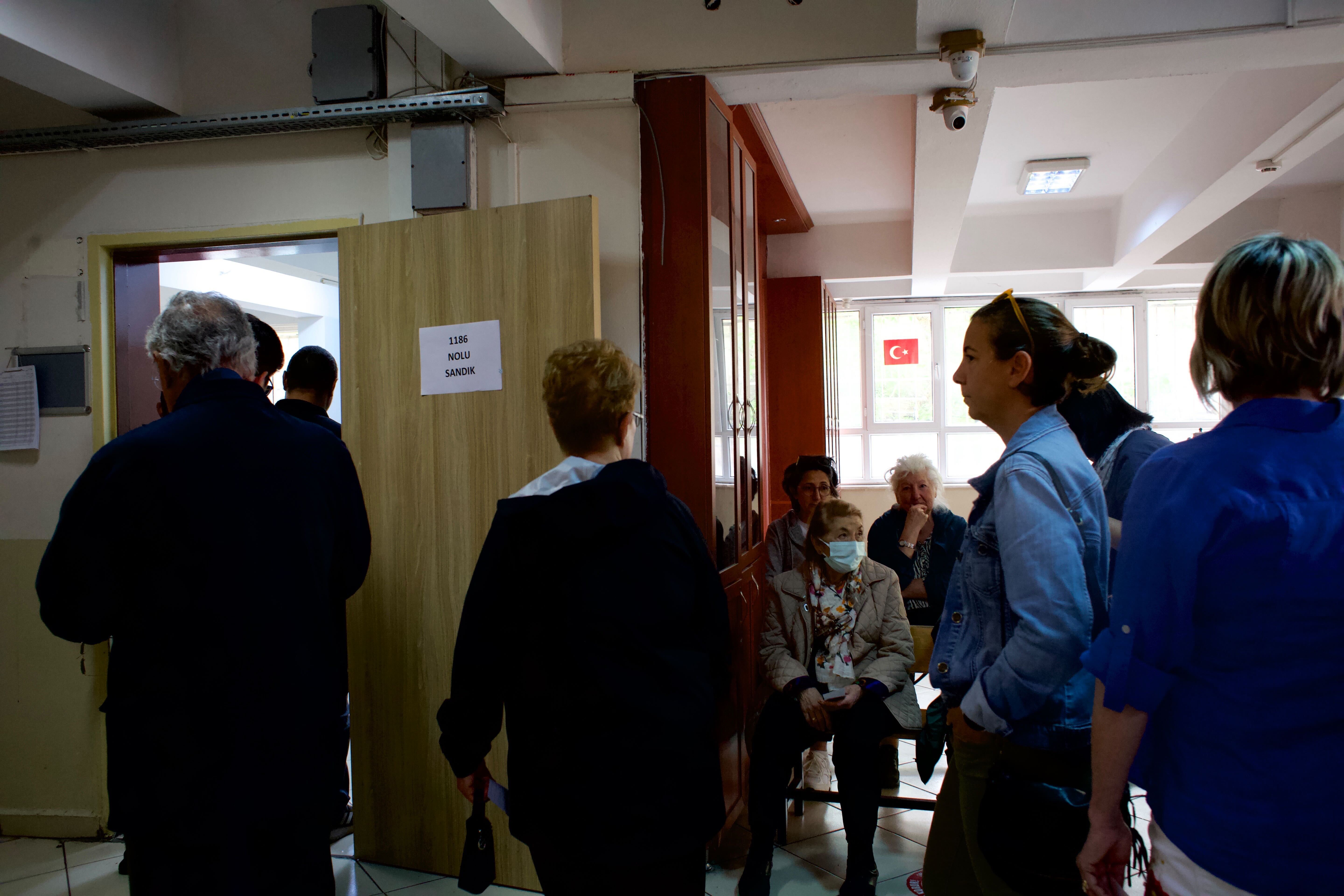
“Erdogan has stood strong for us,” Ziya Uztok, a 73-year-old in Uskudar. “Kilicdaroglu is an American project.”
“I accept Kilicdaroglu as a fellow citizen, but I would not vote for him,” he said.
However, the country’s faltering economy threatened the steadfast support conservative Turks have given Mr Erdogan for years. In a bid to secure support from citizens hit hard by inflation, the president has increased wages and pensions and subsidised electricity and gas bills, while showcasing Turkey's homegrown defence and infrastructure projects.
On a side street in Fatih, upbeat CHP organisers amassed meals to hand their volunteers throughout the district.
“Before there were certain neighbourhoods that we couldn’t go to campaign,” said Cigdem Gulduval, a local opposition party official.
“Now they’re more receptive. They’re all paying high prices at the same butchers as we are. They’re all paying the same gas bills. They’ll have to wait three or four months to get an appointment at the doctors.”







